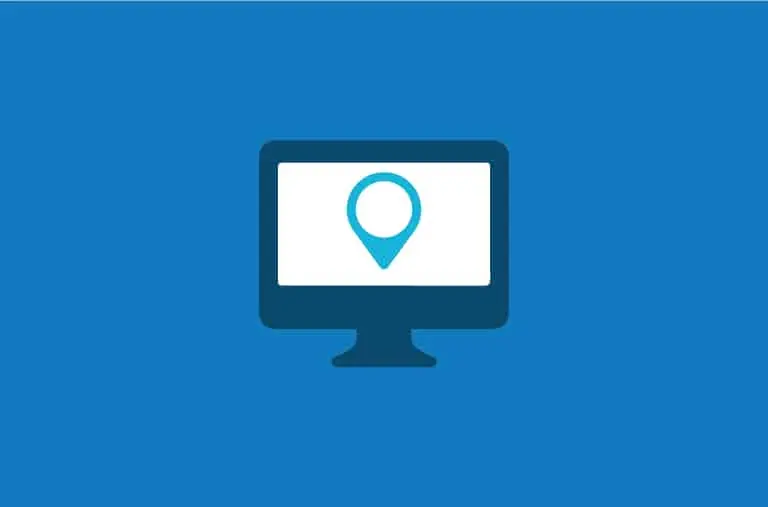Free CRM Systems - What to Consider Before you "Buy"
When it comes to CRM software that is available for free, the adage “you get what you pay for” can hold true to some extent. Free CRM software can offer basic functionality and provide value for certain businesses.
Before making that decision, there are a few factors to consider:
- Limited Features
- Scalability Challenges
- Storage and Data Limits
- Support and Reliability
- Data Security and Privacy
- Customization and Integration
- Vendor Lock-In
- Advertisements and Branding
Limited Features
Free CRM software often has limitations on features and capabilities compared to paid options. You may have access to very basic features of contact management, lead tracking, and basic reporting. Advanced features like workflow automation, customizations, integrations, or analytics may be restricted or available only in premium versions.
Scalability Challenges
A free CRM system may limit the number of users. As your business grows, you might quickly outgrow the capabilities of a free CRM. You will need to upgrade to a paid version or switch to a different CRM solution.
Storage and Data Limits
Free CRM solutions often restrict the amount of data you can store or the number of contacts you can manage. These limitations can be an issue if you have a large customer base or deal with a high volume of data.
Support and Reliability
Free CRM tools typically offer limited or no customer support. If you encounter technical issues or need help, you may have to rely on community forums or self-help resources. Additionally, the reliability and performance of free CRM software may not be as robust as paid alternatives.
Data Security and Privacy
You may have data security and privacy concerns with free CRM platforms. Free solutions may have less stringent security measures, which could pose risks to sensitive customer data. Paid CRM software generally offers more robust security features and compliance with data protection regulations.
Customization and Integration
Free CRMs have limitations in customization options and integrations with other business tools. Customizations and integrations are crucial for tailoring the software to your specific business needs and automated workflows.
Integrations with your email system, accounting, ERP, or telephony solutions connect all data into one solution. Teams can share real-time information and have a 360-degree view of your customers and prospects.
Vendor Lock-In
If you choose a free CRM system and later switch to a different platform, you may face challenges migrating and integrating your data with the new system. This can result in data loss or additional costs.
Advertisements and Branding
Free CRM providers often include advertisements or their own branding within the system. Ads (or watermarks) can be distracting or unprofessional, especially when interacting with clients or customers through the CRM solution.
Conclusion
Some free CRM systems can still benefit small businesses or startups with limited budgets and simple requirements. It allows them to start with basic contact management and lead tracking without incurring immediate costs.
However, as the business grows, your company demands become more advanced. You must often upgrade to a paid CRM or explore other options that better align with the business’s evolving needs.
Ultimately, choosing a free CRM solution or investing in a paid solution depends on your business’s specific needs and goals. Budget and scalability requirements must also be considered. It is advisable to carefully evaluate the features, limitations, and long-term viability of the CRM software before making a decision.







